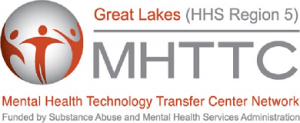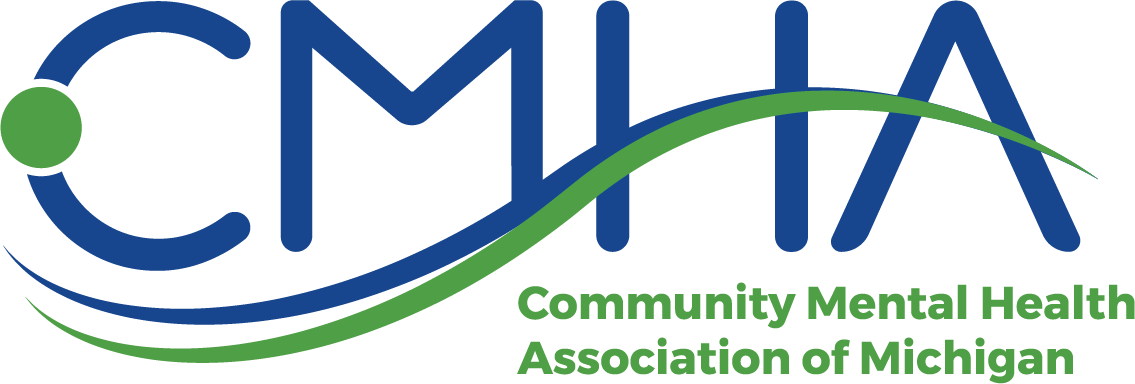Collective Trauma
Register Now! Virtual Training Series:
Moving from Collective Trauma and Compassion Fatigue Towards Resilience
About this series: This series is designed to address stress and vicarious trauma by fostering activities and engagement known to advance personal wellbeing.
This series of trainings focuses on moving caregivers from overwhelming burnout, anxiety, and fears towards resilience.
✓ 2-Hour Kick Off Understanding the Biology of Stress and Vicarious Trauma with Focus on Proactive and Reactive Opportunities for Wellness (2 hours) – SOLD OUT
✓ Intentions Fall Short! Building Habits in Response to Stress (1 hour)
✓ You Matter! Proactive Responses that Foster Resilience and Wellbeing (1 hour)
✓ Know Yourself: Stress, Secondary Traumatic Stress, & Moral Injury (1 hour)
 Dr. Tana Bridge is a professor of Social Work at Eastern Michigan University. She is recognized for her passion, expertise, and skills in engagement. She has a 30-year track record of excellence in teaching, service, and professional consulting. Dr. Bridge’s expertise in trauma, ethical practice and collaboration are common threads in all areas of engagement.
Dr. Tana Bridge is a professor of Social Work at Eastern Michigan University. She is recognized for her passion, expertise, and skills in engagement. She has a 30-year track record of excellence in teaching, service, and professional consulting. Dr. Bridge’s expertise in trauma, ethical practice and collaboration are common threads in all areas of engagement.
There is no fee to attend however, registration is required for each session.
To register, click on the training series title for the date shown.
January 9, 2023, 9:00am – 11:00am EST – SOLD OUT
2-Hour Kickoff: Understanding the Biology of Stress and Vicarious Trauma with Focus on Proactive and Reactive Opportunities for Wellness (2 Hours)
It is understood that vicarious trauma is an occupational hazard that often leads to lack of job satisfaction, job productivity, and negative outcomes. Managing stress and prioritizing wellness has the potential to aid in personal wellbeing, enhance workplace culture, and improve outcomes for those we serve. In this session, participants will advance their understanding of the biology of stress and vicarious trauma with a focus on skills that address the stress response and enhance wellbeing.
Objectives:
1. Participants will understand the biology of stress.
2. Participants will identify personal and professional risk factors for compassion fatigue/vicarious trauma.
3. Participants will explore the impact of stress on personal health, job performance and hospital/organizational culture.
4. Participants will identify personal stress indicators and develop skills when a stress response is present.
February 13, 2023, 9:00am – 10:00am EST
Intentions Fall Short! Building Habits in Response to Stress (1 Hour)
Addressing one’s stress reaction requires awareness and intentional engagement. This session will advance participants understanding of their immediate stress reaction and provide responses that promise to halt one’s stress response. Tips and tricks for advancing self-care habits will be explored.
Objectives:
1. Participants will identify their immediate/acute stress response.
2. Participants will explore activities to halt their stress response.
3. Participant will learn tips and tricks in building self-care habits.
March 13, 2023, 9:00am – 10:00am EST
You Matter! Proactive Responses that Foster Resilience and Wellbeing (1 Hour)
Wellness requires both reactive and proactive responses to stress. This session provides an opportunity to expand ‘habits’ to include activities that foster proactive responses to stress, healthy coping, and resilience.
Objectives:
1. Participants will explore activities that are recognized as fostering wellbeing and resilience.
2. Participants will advance skills in habit building.
3. Participants will identify self-care activities they might explore and engage in.
April 10, 2023, 9:00am – 10:00am EST
Know Yourself: Stress, Secondary Traumatic Stress, & Moral Injury (1 Hour)
While stress impacts all people, secondary traumatic stress/vicarious trauma and moral injury uniquely impact those in the health and human service professions. This session will define and explore the impact of secondary trauma/vicarious trauma and moral injury. Opportunities to mitigate negative impact will be discussed.
1. Participants will explore the definitions and impact of secondary traumatic stress/vicarious trauma and moral injury.
2. Participants will explore indicators of personal impact.
3. Participants will identify opportunities to engage healing and self-care when experience impacts.
“A number of factors in our environment – the pandemic, workforce and supply chain shortages, and polarized politics to name a few – make this collective trauma series well timed and invaluable. This valuable series is made possible through the innovative partnership of the Community Mental Health Association of Michigan and the SAMHSA-funded Great Lakes Mental Health Technology Transfer Center – a partnership that provides access education and training offerings on a wide range of evidence-based and promising practices.”
~ Robert Sheehan, CEO, Community Mental Health Association of Michigan
This event is presented by Community Mental Health Association of Michigan and the Great Lakes (HHS Region 5) Mental Health Technology Transfer Center Network.


Questions? Contact Anne Wilson at CMHA: (517) 374-6848 or awilson@cmham.org
